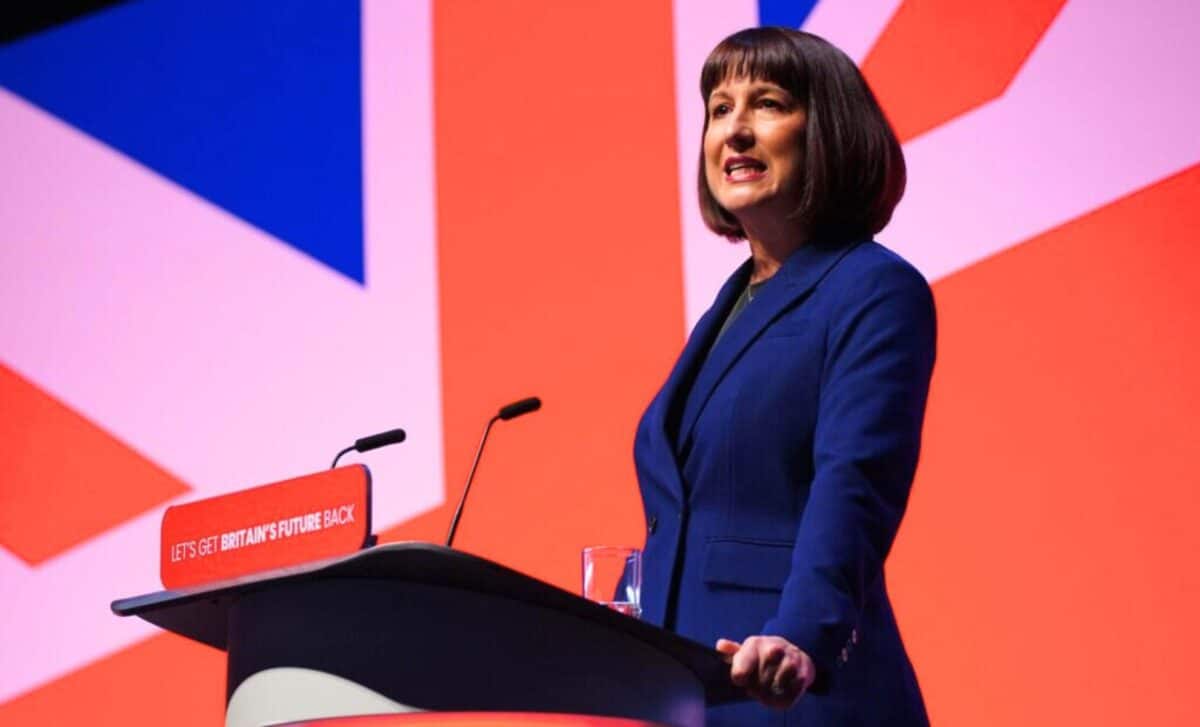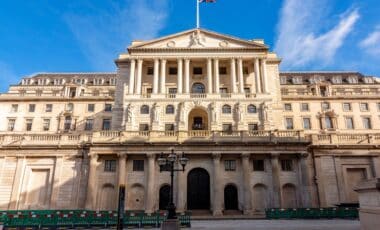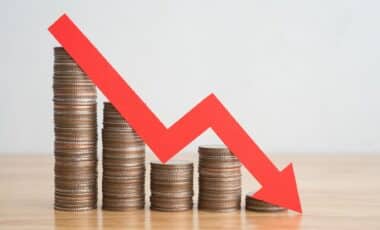Labour is being called upon to address the escalating debt crisis, as low-income countries spent an average of 15% of their revenue on repayments in 2024, the highest level in thirty years. Experts argue that strong leadership is needed to reform the financial mechanisms perpetuating these debt cycles.
Mounting Debt Burdens Hinder Poverty and Climate Goals
Based on World Bank data, recent research by the nonprofit organisation Debt Justice shows that debt repayments for low-income nations have increased thrice since 2011, from 4.4% of income in 2011 to 15% in 2024. Among the hardest-hit countries are Angola and Pakistan, whose debt payments can account for up to 65% and 43% of their respective incomes. These subsidies leave little money for vital services like initiatives to reduce poverty and combat climate change.
Tim Jones, policy director at Debt Justice, warned that “high debt payments are preventing the public spending needed to cut poverty and tackle the climate emergency.” The International Monetary Fund (IMF) has also flagged concerns about debt sustainability, with its recent $7 billion loan to Pakistan underscoring the precarious fiscal situations facing many nations.
Debt repayments are further complicated by rising interest rates and currency fluctuations, especially for loans denominated in US dollars. Analysts fear that continued increases in repayment burdens could destabilise economic recovery efforts in these regions.
Labour’s Role in Shaping Global Debt Policies
Labour’s manifesto prioritised tackling unsustainable debt as part of its global development agenda, yet critics argue that more tangible steps are needed. With much of the world’s private debt governed by UK law, campaigners are urging Labour to introduce legislation requiring private lenders to absorb some losses in future debt relief initiatives.
One example of attaining significant reform has been the Jubilee 2000 campaign, which led to the forgiveness of $130 billion in debt. In addition to supporting debt forgiveness, Pope Francis has urged the whole community to strive for a “jubilee year” of justice and solidarity in 2025.
Labour Development Minister Anneliese Dodds expressed support for legal measures to enforce private sector participation in debt relief, but has yet to propose actionable legislation. Observers suggest that Labour’s leadership could significantly influence international discussions at upcoming forums, provided the government adopts a proactive stance.









